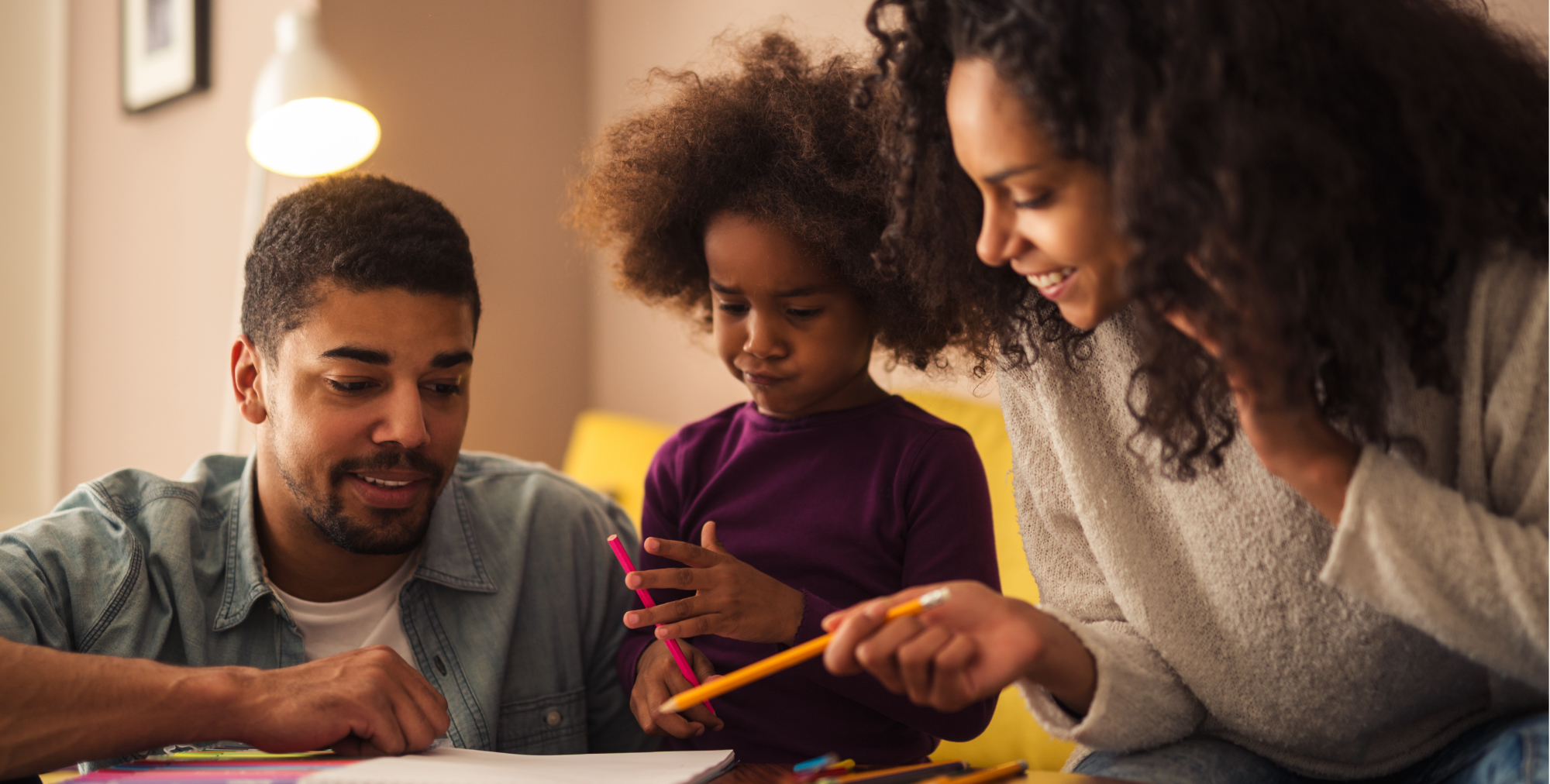Insights from a Family Therapist on Post-Pandemic Mental Health
After years of working with families, I’ve seen firsthand how deeply the COVID-19 pandemic disrupted family dynamics. While the immediate crisis may have passed, the emotional and psychological ripple effects continue to impact many households. Parents, children, and extended family members alike are still grappling with anxiety, grief, and the lingering tension that surfaced during those long months of uncertainty and isolation.
As a family therapist, I often hear parents express frustration over heightened emotional challenges in their children. Teens struggling with anxiety about social reintegration, younger kids showing signs of separation anxiety, and parents feeling stretched thin from the demands of remote work and caregiving—all these have become common themes in my sessions. But amidst these struggles, I have also witnessed incredible resilience and growth when families commit to healing together.
How the Pandemic Reshaped Family Dynamics
The pandemic fundamentally altered how families interact, revealing both strengths and vulnerabilities in relationships. In my practice, I’ve seen three major themes emerge:
1. Rising Anxiety and Depression
-
Children and teens are facing increased anxiety as they adjust to in-person learning and socializing after extended isolation.
-
Parents have been managing overwhelming stress, often feeling depleted while trying to support their families emotionally and financially.
-
The surge in generalized anxiety disorder (GAD) and depression post-pandemic is evident in the growing number of families seeking mental health support.
2. Unresolved Grief and Loss
-
Many families lost loved ones during the pandemic but were unable to properly grieve due to social distancing restrictions.
-
Beyond physical loss, families also experienced intangible losses—missed milestones, disrupted routines, and strained relationships.
-
I’ve worked with families who, even years later, struggle to process these compounded losses, making it difficult to move forward in a healthy way.
3. Heightened Conflict and Communication Struggles
-
Increased time together under stress led to rising tensions, especially between parents and children or among siblings.
-
Some families developed unhealthy communication habits, such as avoidance, passive-aggression, or escalating arguments.
-
Many parents express that they don’t know how to reconnect with their children after the emotional strain of the past few years.
The Impact of Increased Isolation and Media Exposure on Youth
Recent studies have highlighted additional concerns regarding the impact of pandemic lockdowns on children and adolescents. Research reviewing over 54,000 young individuals found alarming increases in mental health issues, including anxiety (ranging from 1.8% to 49.5%) and depression (ranging from 2.2% to 63.8%). Other commonly reported issues included irritability (16.7%-73.2%) and anger (30.0%-51.3%) (Panchal et al., 2023).
One significant risk factor that emerged was excessive media exposure during the lockdown. With limited social interaction and increased screen time, many children and teens became more susceptible to anxiety-inducing content, misinformation, and social media pressures. This, combined with preexisting mental health vulnerabilities, heightened the risk of emotional distress (Panchal et al., 2023).
However, one clear protective factor stood out: strong parent-child communication. Families that maintained open discussions and emotional support during this period saw lower rates of anxiety and depression in their children. This reinforces the importance of fostering a safe space for children to express their fears and emotions.
When to Consider Family Therapy
If any of the following resonate with your family, therapy may be a valuable step toward healing:
-
Persistent tension or unresolved conflict that affects daily interactions.
-
Difficulty expressing emotions or understanding each other’s needs.
-
Increased anxiety, depression, or behavioral concerns in children or teens.
-
Struggles with adjusting to post-pandemic changes in routines, relationships, or expectations.
Why Family Therapy Works
As a therapist, I’ve seen remarkable transformations in families who commit to therapy. Research supports what I’ve observed in practice:
-
Reduced Anxiety & Depression: When parents are actively involved in therapy, anxiety and depression in children and teens can decrease by 30-40%.
-
Improved Communication & Conflict Resolution: Families who engage in therapy experience a 25-35% improvement in communication and conflict management.
-
Enhanced Family Cohesion: Family-centered approaches promote emotional bonding and trust, leading to stronger, more resilient relationships.
Healing from the pandemic’s impact isn’t just about moving on—it’s about intentionally creating a new, healthier foundation for your family. If you recognize these struggles in your home, know that help is available. Family therapy provides a safe space to process emotions, rebuild trust, and develop strategies for a stronger, more connected future.
If you live in New York and are interested in exploring how family therapy can help your family reconnect, heal, and thrive, I’m here to support you.
Click here to get in touch with me directly and take the first step toward building a stronger, healthier family dynamic.
Together, we can create a space where every family member feels heard, valued, and supported.

